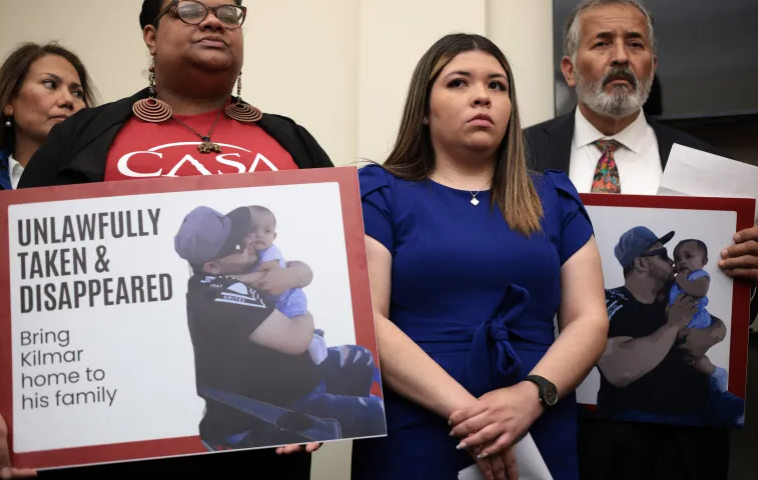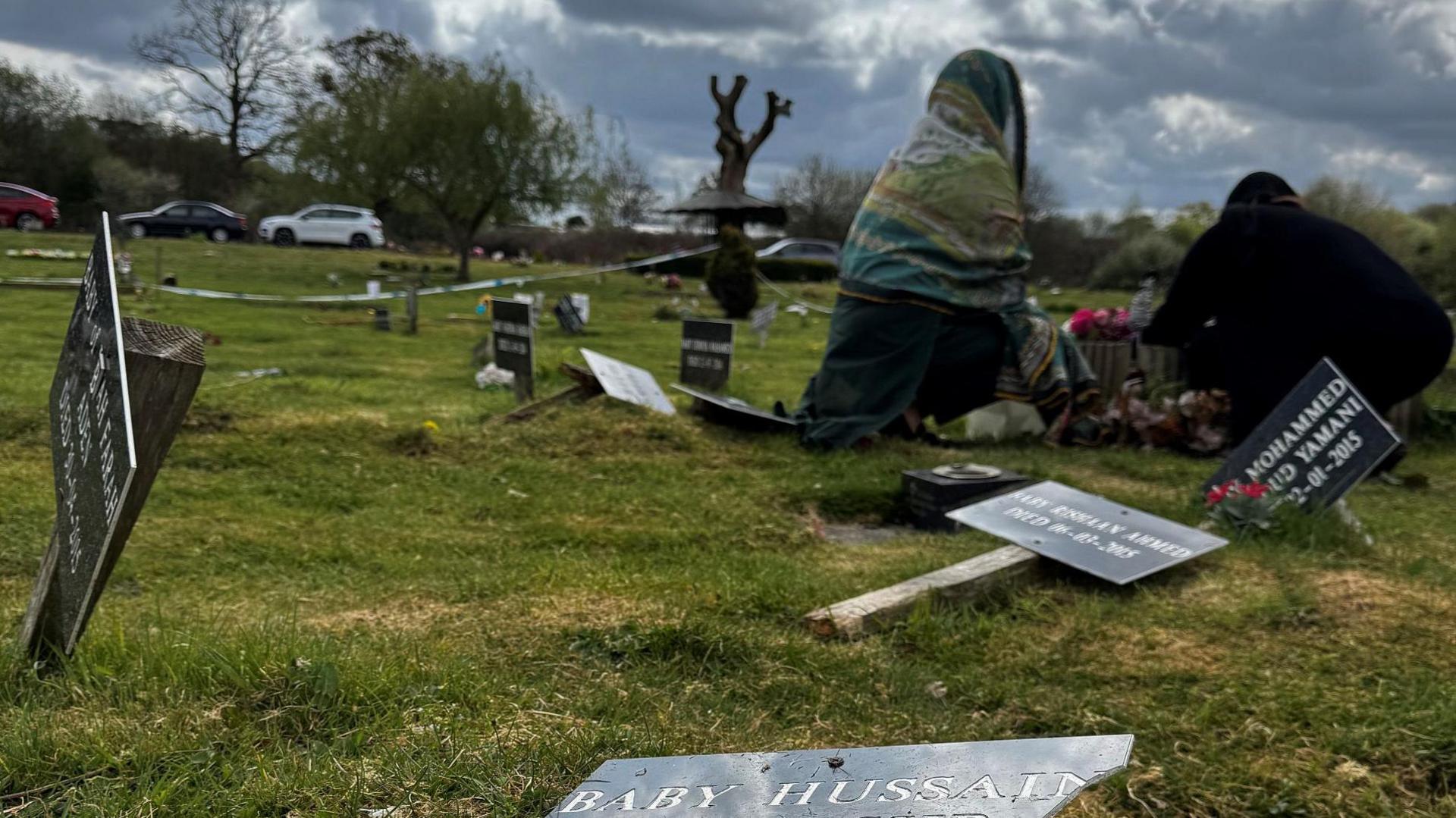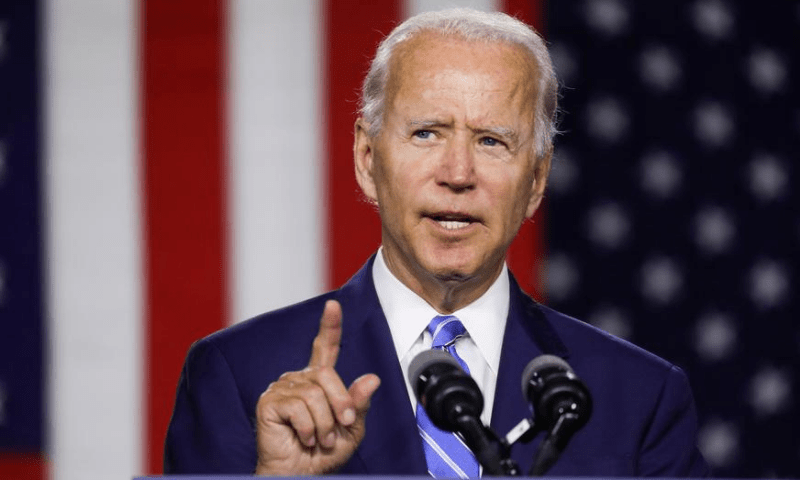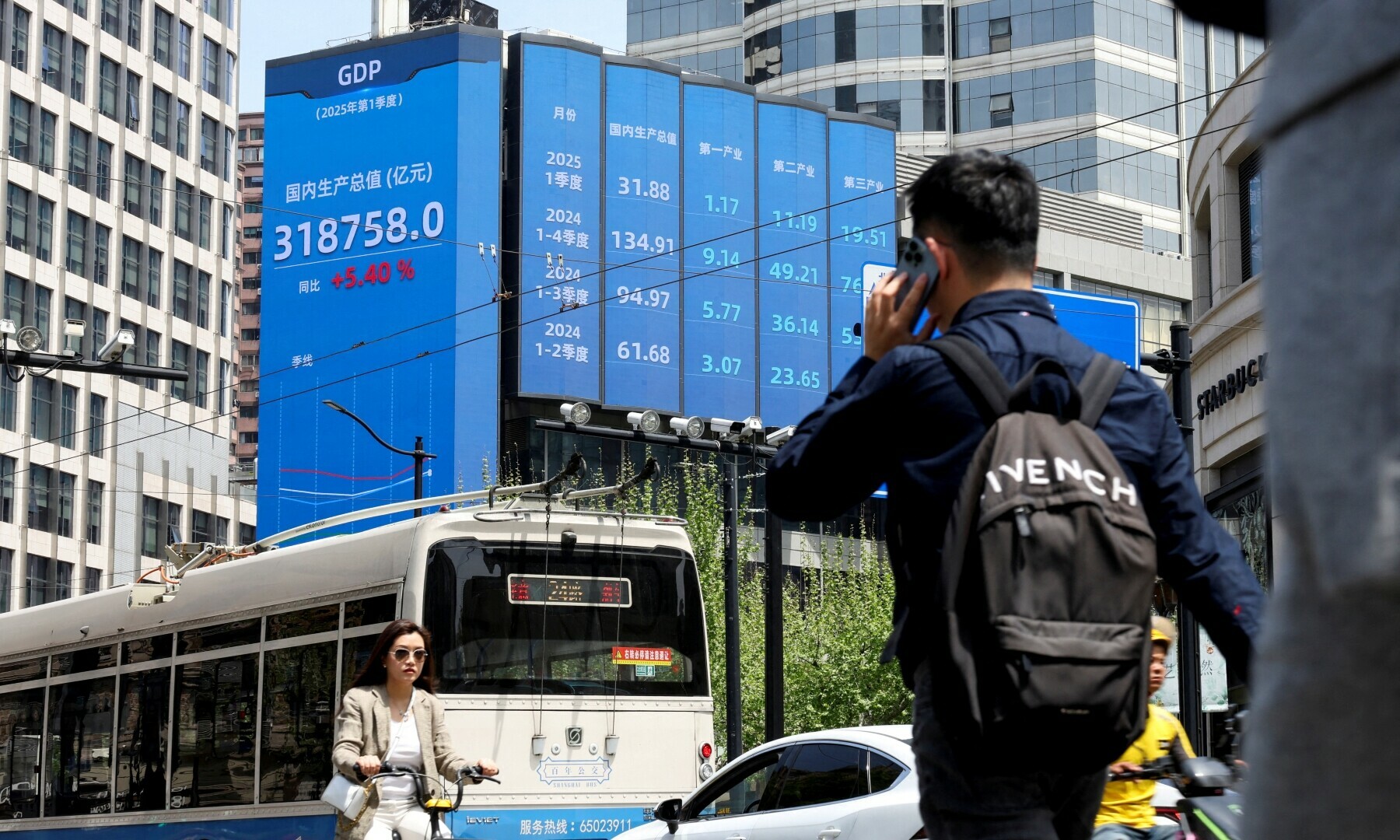WORLD NEWS

The US Supreme Court has ruled that the government must “facilitate” the return of Kilmar Abrego Garcia, a Salvadoran man who was deported in error under President Donald Trump’s tough immigration policies. Garcia, 29, was mistakenly deported to El Salvador in March, despite having legal status in the US, marking a rare setback for the Trump administration's aggressive stance on immigration.
Garcia had been living in Maryland under protected status since 2019, after a judge ruled he could not be deported due to the danger he faced in El Salvador. However, as part of Trump’s crackdown on undocumented migrants, Garcia was one of over 200 individuals sent to an El Salvadoran prison last month, with the majority of deportees being suspected members of the Venezuelan gang Tren de Aragua, which the US government has designated as a “foreign terrorist organization.”
The deportation of Garcia was later acknowledged by the Justice Department as a result of an “administrative error,” a revelation that led to the legal challenge. The Supreme Court’s decision, issued on Thursday, orders the government to return Garcia and treat his case as though he had not been wrongly deported.
Simon Sandoval-Moshenberg, Garcia’s lawyer, praised the ruling as a victory for the rule of law. He emphasized that Garcia had been living in the US legally and should not have been subjected to deportation in the first place.
The Supreme Court’s ruling follows a series of lower court decisions demanding Garcia’s return to the US. The courts had previously ruled that Garcia should not remain in the notorious CECOT counterterrorist prison in El Salvador, where he was being held along with other deportees under harsh conditions.
The US government had argued that Garcia was a member of the Salvadoran MS-13 gang, a claim that lacked evidence according to the lower courts. It also contended that once Garcia was on Salvadoran soil, the US no longer had jurisdiction to intervene, calling the lower court orders “unprecedented.”
Despite the setback, the Trump administration had continued to emphasize its commitment to tough immigration policies, with Homeland Security Secretary Kristi Noem asserting that those held in the CECOT prison should remain there for life. The White House also highlighted a controversial deal with El Salvador’s President Nayib Bukele, involving $6 million for holding alleged gang members in high-security facilities.
The Supreme Court's ruling, though limited in scope, represents a significant blow to Trump’s immigration agenda, challenging the legality of such deportations. The Court’s decision leaves the lower court order intact, requiring Garcia’s return, but the case will now be reviewed for further clarification, with special consideration for the US government’s foreign affairs powers.
In the ruling, liberal justices Sonia Sotomayor, Elena Kagan, and Ketanji Brown Jackson expressed disagreement, arguing there was “no basis in law” for Garcia’s deportation to El Salvador. The case is seen as part of a broader legal battle over the Trump administration's aggressive immigration policies, with ongoing tensions between the Executive Branch and the judicial system over deportations and detainee treatment.
Human Rights Watch has called for greater transparency regarding the treatment of deported individuals held in El Salvador, criticizing both the US and Salvadoran governments for their handling of detainees. The organization has demanded that the US disclose information on those detained in CECOT and allow them access to communication with the outside world.
The case also comes amid a separate Supreme Court ruling that allows the Trump administration to continue deporting Venezuelan migrants under a contentious 18th-century wartime law, marking a continued clash between immigration policy and judicial oversight. The ruling on Garcia’s deportation highlights the ongoing legal challenges to Trump’s hardline stance on immigration.




